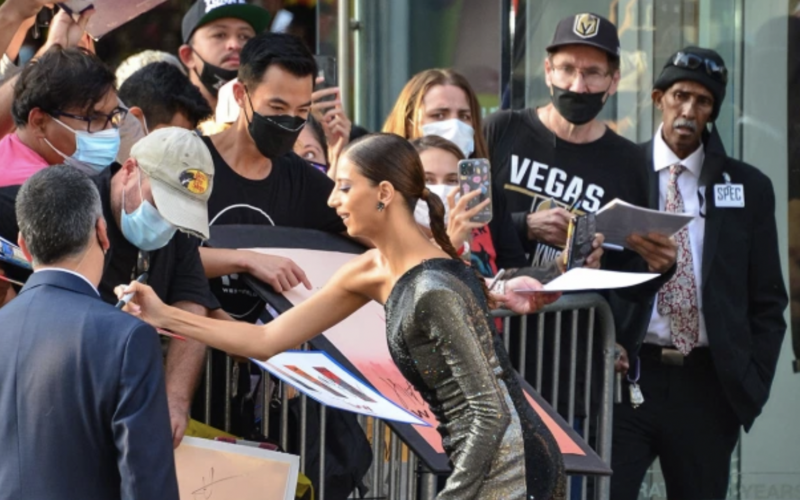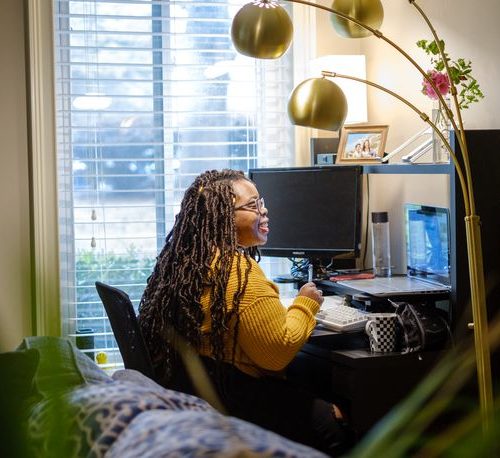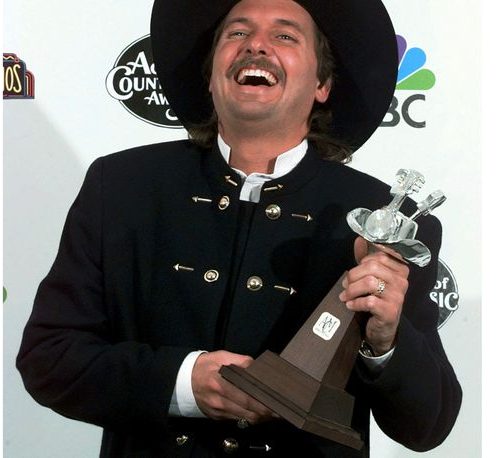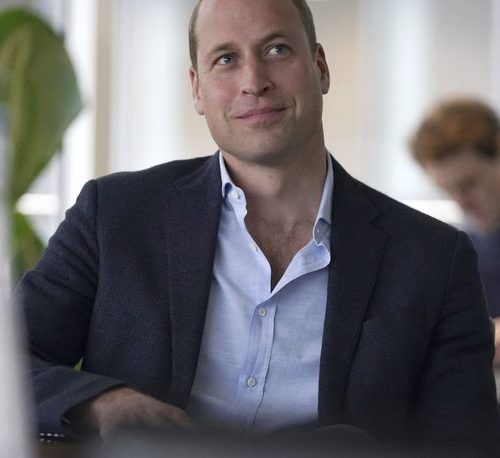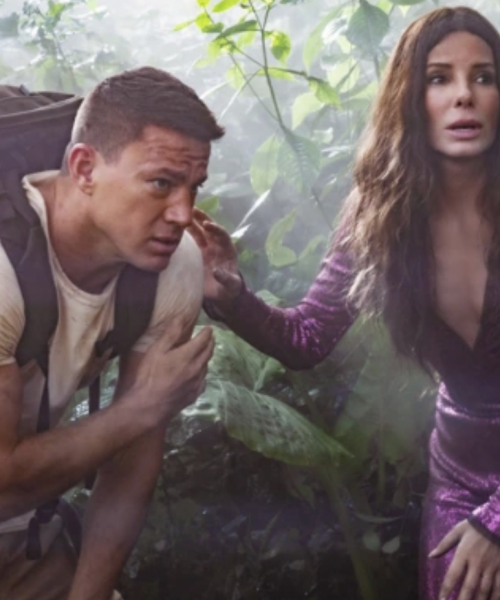BY CHRIS GARDNER, KIRSTEN CHUBA
Troy Warren for CNT #EditorsPicks #COVID-19 #Entertainment
From added costs of rapid COVID-19 tests to making space for the unvaccinated, insiders open up on how to plan events at this phase of the pandemic.
“Safely.” That’s the word Cynthia Erivo employs in describing how she’s stepping out this awards season, one that has, once again, been dented by a still-burning pandemic. “I’m approaching it safely as I possibly can but I’m excited to see people. We haven’t had a chance to see people for such a long time in these spaces,” says the star, nominated for her turn as the Queen of Soul in Nat Geo’s Genius: Aretha.
Such is Hollywood’s current dilemma on the events landscape: how to make events as safe and welcoming as possible amid rising concerns over the delta variant, renewed mask mandates and an unvaccinated population that threatens to crash the party?
For months now, red carpet events have been up and running from Los Angeles to New York, each with varying protocols in place from proof of vaccination, facial coverings, rapid testing or proof of negative tests within 24 to 48 hours. In Los Angeles, many events have moved outdoors as an added layer of safety. “It is really inconsistent right now,” says Swisher Prods. chief creative officer and senior vp production Amy Ramirez.
Not all events require proof of vaccination for entry. Per an invite from Disney for an Aug. 18 press screening for its Marvel epic Shang-Chi and the Legend of the Ten Rings at the El Capitan Theatre, the studio advised attendees “we will not be filling the theatre to capacity, which allows us to maintain a select number of seats set aside for those who are unvaccinated and need to physically distance themselves from others and those who feel more comfortable having some physical distance.”
Many find the most comfort in virtual events, which remain popular as of late, particularly on the awards front as a way to reach voters. Even this year’s Emmy Awards are being reimagined. The TV Academy announced Aug. 10 that it would be moving the Primetime telecast and the Creative Arts ceremonies from Microsoft Theatre to L.A. Live’s event deck in order to utilize an “indoor/outdoor” setting that can accommodate socially distanced seating.
As another precaution, the Academy is limiting the number of nominees who will be allowed to attend by allotting no more than four tickets per nomination, meaning not all nominees will be able to attend. While that may come as a blow to top nominated shows such as The Crown (with its long list of executive producers), the shift calls to mind what one streaming executive said has been the key to navigating the changing landscape. “You’ve got to be nimble,” she said.
Creative is another buzzword. Take for instance an Aug. 13 stunt for breakout series Hacksfrom HBO Max and Universal Television that saw nominated co-creators Paul W. Downs, Lucia Aniello and Jen Statsky join nominee Carl Clemons-Hopkins, Meg Stalter and consulting producer Joe Mande atop a double-decker bus for a surprise pop-up comedy set outside West Hollywood’s Comedy Store on Sunset Boulevard.
“It’s such a cool way to integrate it by bringing the fans in so they could experience this,” says Statsky, praising how the studio put health and safety first while also creating a scene reminiscent of episode three that finds Jean Smart’s Debra Vance do a surprise set atop a bus on the Las Vegas Strip. “It mirrors shooting during COVID because you have to think outside the box. Because we can’t do things like we used to, let’s think of new ways and figure it out.”
Awards season aside, event planners across the city are having to contend with the same logistical questions when it comes to putting on premieres, galas and afterparties, as L.A. COVID cases have once again shot up. With a “full-throttle” events calendar for August, discussions for September have shifted to “reassessing if they want to be indoor or outdoor, or if they wanted to reduce capacity,” says Ramirez, whose company is behind premieres all over the city. “Some of our clients are looking at venues that are leaning to stricter guidelines with vax enforcements.”
Each event’s policy, she says, is driven by the client, the studio and the venue, which explains why some events, like Warner Bros’ Reminiscence premiere on Aug. 17, mandated a PCR test, vaccine card and mask on the red carpet, while others may opt for only one of the above.
On top of the range in protocol has been the inconsistency on if events are going on at all. BravoCon and VidCon both recently postponed their 2021 events to 2022. Stevie Nicks, Garth Brooks and BTS have canceled tours over Covid concerns, and the Hollywood Critics Association scrapped its in-person HCA TV Awards in favor of a virtual event. HBO Max’s Aug. 18 Sweet Life: Los Angeles event was also trimmed down to an intimate party with exec producer Issa Rae, where attendees were tested and had to prove vaccination status.
Increasingly, big-name talent, like Adam Driver and Hugh Jackman, have missed their premieres due to production schedules that sources indicated are a direct result of production backlogs and the logistical nightmares that come with production bubbles or mandatory quarantines.
On the press side, invites to sit through film screenings and premiere events are less frequent or they come with virtual options. In a first for the studio, Universal offered press the option to screen its upcoming horror feature Candyman in person at AMC Century City 15 or pick a virtual option for a link that would be available for viewing at the same time.
“It’s almost like we take five steps forward to take three steps back,” says event planner Gina Wade, who specializes in Hollywood parties and says about half of the gatherings she and her team plan end up getting canceled. “What is safe and what isn’t has been challenging with breakthrough cases and things of that nature. It seems like things just change on a dime.”
Wade says in recent weeks she’s had greater discussions with clients about requiring their own outside PCR tests for events, as Telluride Film Festival just mandated, and points to the business element of why some events are carrying on despite the surge.
“If you were releasing a film like Black Widow, there’s a lot of money behind that, and you want to get that into the hands of people,” she says. “If it’s something smaller, there might be a more creative way to do it; I think that over the course of the pandemic, the drive-ins, the home deliveries, the streaming, that stuff seemed to work, but I do feel that there is an exhaustion to that.”
“For those of us with small children, we’re sending our children back to school, so it seems strange that I can send my child to a school and that seems to be ‘safe,’ but we can’t have a 50-person outdoor dinner,” Wade adds. “That’s been the hardest part is the sheer confusion of all of it.”
One awards season specialist tells THR that mounting any event right now requires a constantly updating browser to track the latest updates from the Centers for Disease Control and state and county public health officials. “That’s the real issue,” the source says. “You can plan the safest event possible but you have to keep checking to see if anything has changed.”
Another insider notes that when planning events for the fall, guest lists have become far more curated: “If you get an invite in 2021 it’s because someone wants or needs you to be there. No more random plus-ones.”
Costs are another big consideration. In order to follow protocols, event planners have been forced to hire medical teams for advanced COVID-19 testing or for on-site rapid tests. Another invoice comes from websites that track attendees’ tests or vaccine cards with software capable of flagging fakes. “It adds up,” says the event source. “It could run you anywhere from $10,000 to $20,000 per event, which may not sound like a lot to some but to others, it is. It works out to about $200 per person for a rapid test and that is a big expense, especially when it’s a cost that was never part of producing an event before.”
The protocols also have shifted event call times as a way to allot enough time for attendees to show proof of vaccination cards or to have press, security and talent submit to on-site rapid tests. Yet despite all of these challenges, don’t expect another full-blown events shutdown à la spring 2020.
“I don’t think people will allow it,” says Ramirez of more widespread cancelations. “I think that we were all in such a state of shock and survival, and now we’ve had time to educate ourselves and there are lots of people who come up with such great ideas of making things safe. Everyone’s onboard.”
Agrees Wade, “It’s hard to imagine going back there.”
In Other NEWS


























